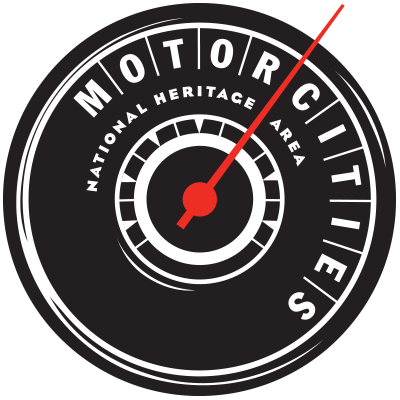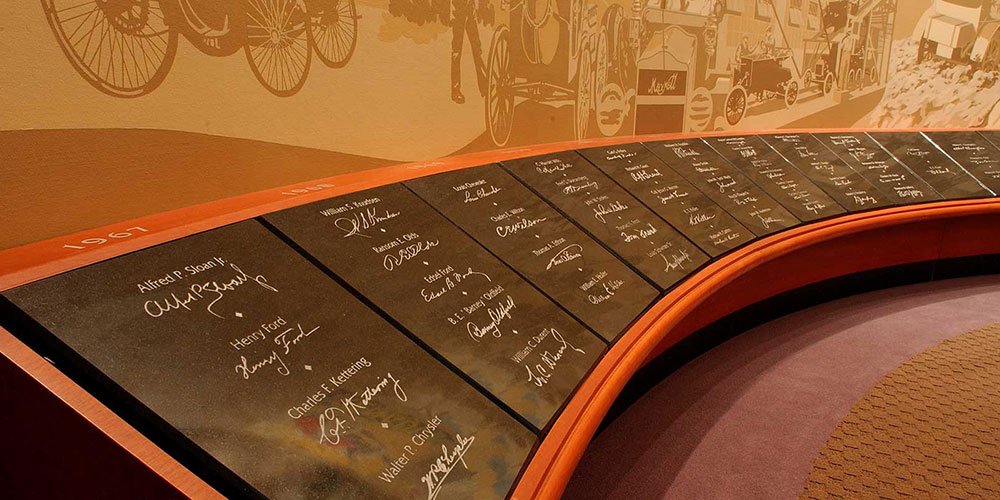By Robert Tate, Award-Winning Automotive Historian and Researcher
Images courtesy of the Robert Tate Collection
Published 7.3.2024
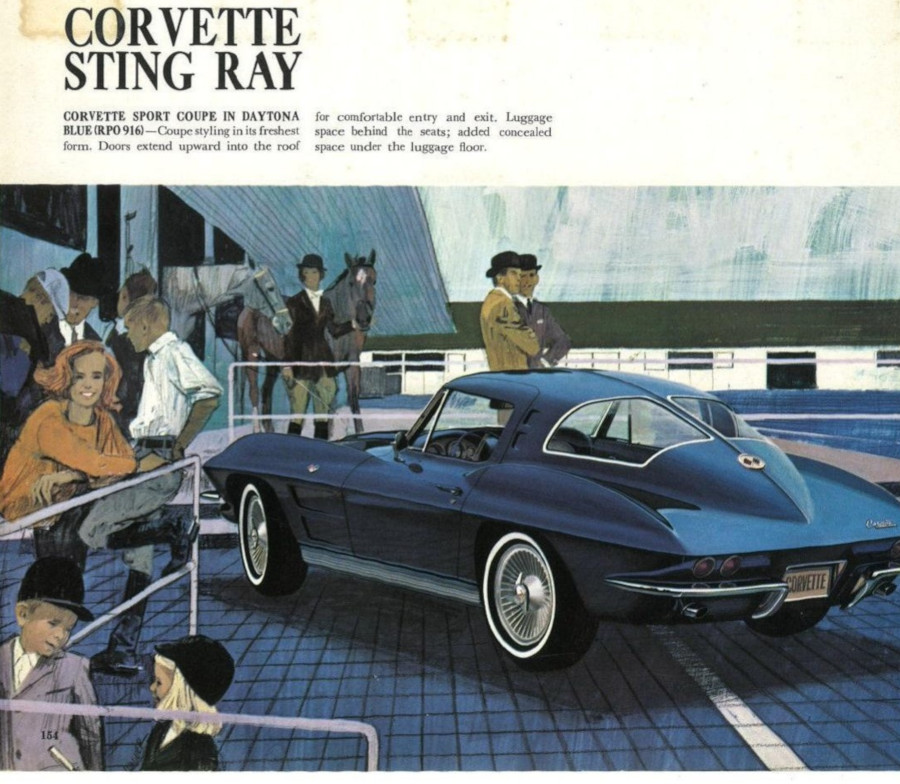 The 1963 Corvette color trim book (Tate Collection)
The 1963 Corvette color trim book (Tate Collection)
In 1963, General Motors sent its automotive dealers across the country new color and trim books to show customers all the new type of engines, interior and exterior color combinations and other options available for new vehicles for the new model year. The book was a primary guide for salespeople at the dealership and customers. This story is about the rare color and trim information book for the newly designed 1963 Chevrolet Corvette model introduced by General Motors. These books are very rare and hard to find these days for Corvette enthusiasts.
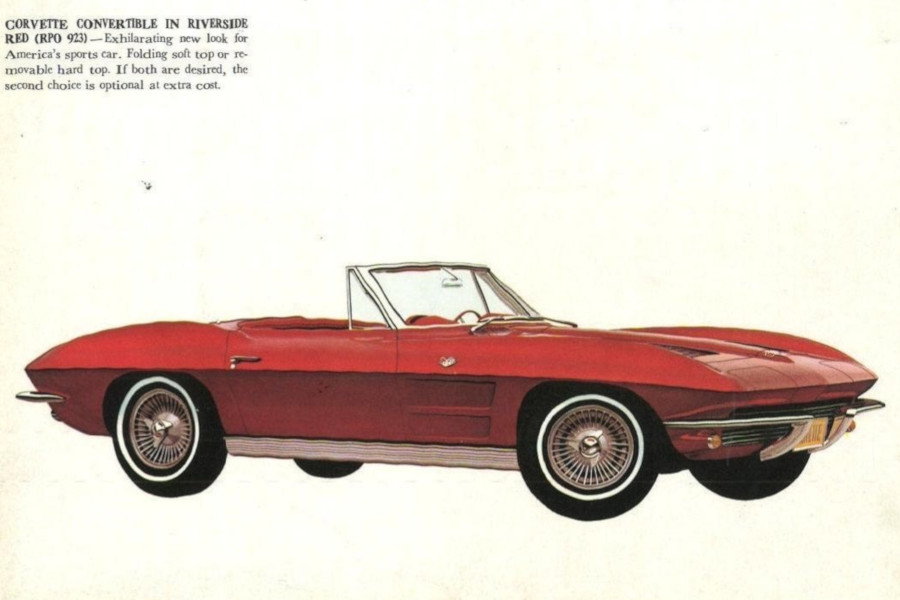 The 1963 Corvette convertible from the color trim book (Tate Collection)
The 1963 Corvette convertible from the color trim book (Tate Collection)
The 1963 Corvette was designed under the direction of Bill Mitchell, who was one of the most admired automotive designers in the country. Other members of the vehicle’s styling and engineering team were Larry Shinoda, Zora Duntov, Irv Rybicki and many other GM designers as well.
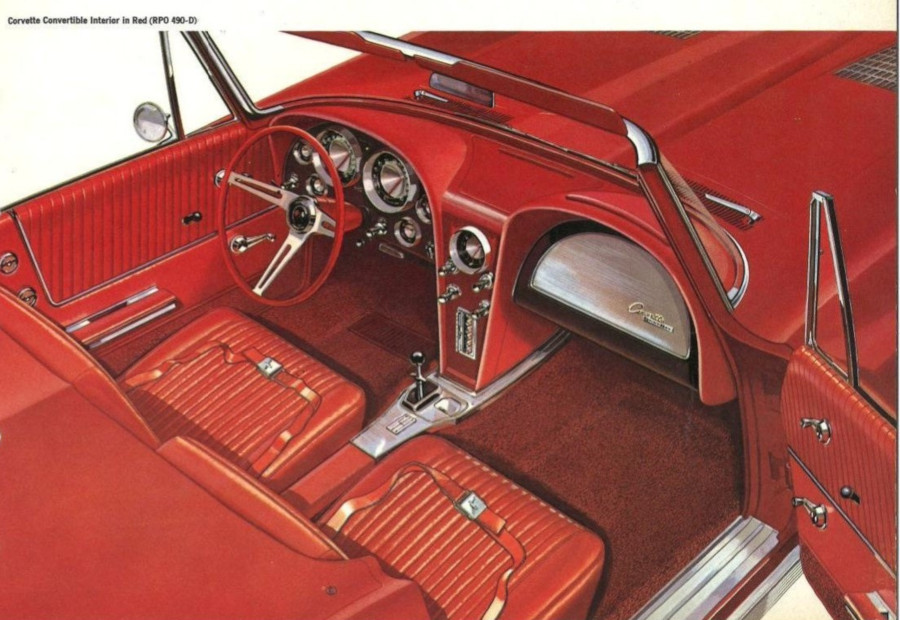 The 1963 Corvette convertible interior (Tate Collection)
The 1963 Corvette convertible interior (Tate Collection)
The color and trim book provided the customer with new and exciting Corvette colors and fabrics along with exterior colors as well. It also noted convertible top fabric options. The salesperson could also speak to the customer about options like power windows and power steering.
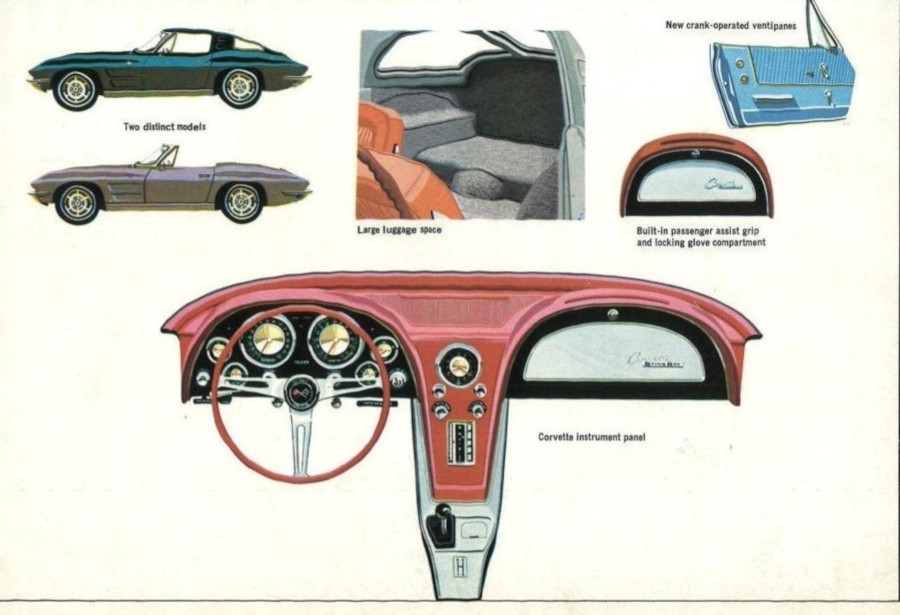 The 1963 Corvette instrument panel (Tate Collection)
The 1963 Corvette instrument panel (Tate Collection)
The 1963 Corvette model offered a fiberglass body which was built on a framework of steel. It had received a major restyling, including a rear window divider that became very controversial and received mixed reviews from consumers. The headlights were hidden in an electrically operated panel that was very exciting.
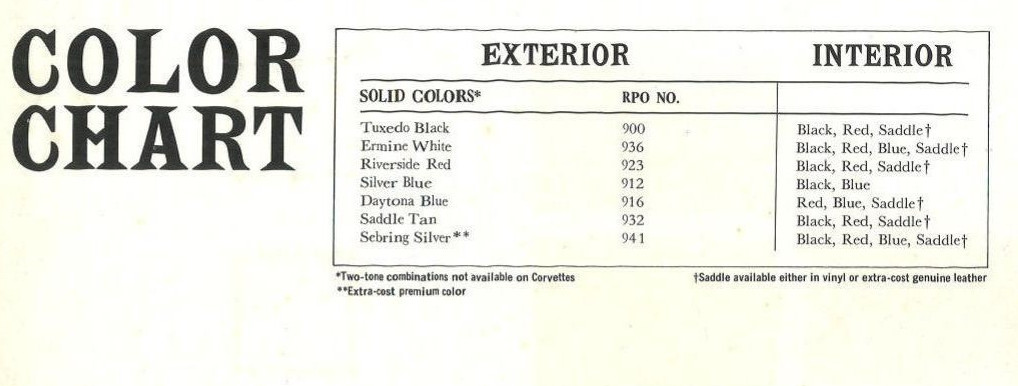 The 1963 Corvette color chart panel (Tate Collection)
The 1963 Corvette color chart panel (Tate Collection)
Some automotive historians have said that the 1963 Corvette introduced an aerodynamic design that most automotive enthusiasts and consumers thoroughly enjoyed. I would agree. I always thought that they offered a great stylistic flare.
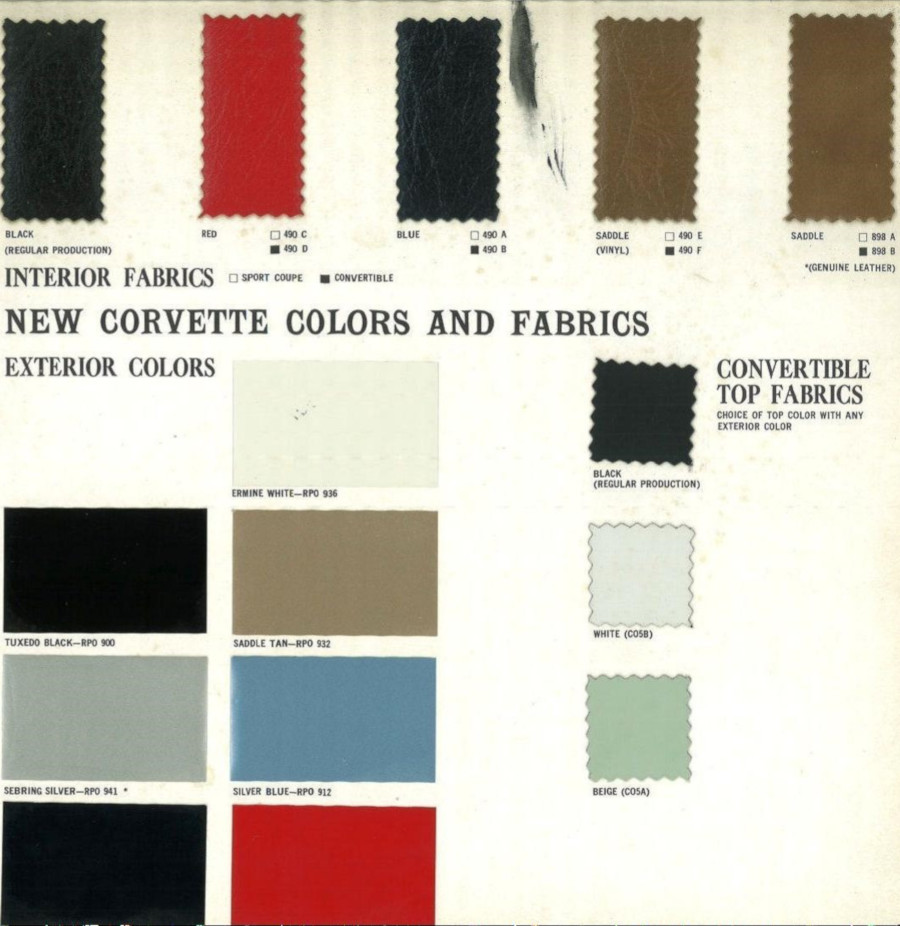 The 1963 Corvette interior color trim (Tate Collection)
The 1963 Corvette interior color trim (Tate Collection)
Color and trim books became very popular from the 1930s to the 1960s. They were originally called “color and upholstery books.” Most of the automakers published them for the exclusive use of their authorized dealers. Some automotive historians referred to them as “demonstration books,” intended to show a customer the many colors & upholstery options available when purchasing a new vehicle. During the 1940s to 1960s, small automotive dealers were the standard. Most dealerships usually had a maximum of 10 vehicles on their lot. It would be very unlikely that they had the exact vehicle on the lot the customer would want, so the dealer would order your model directly from the factory.
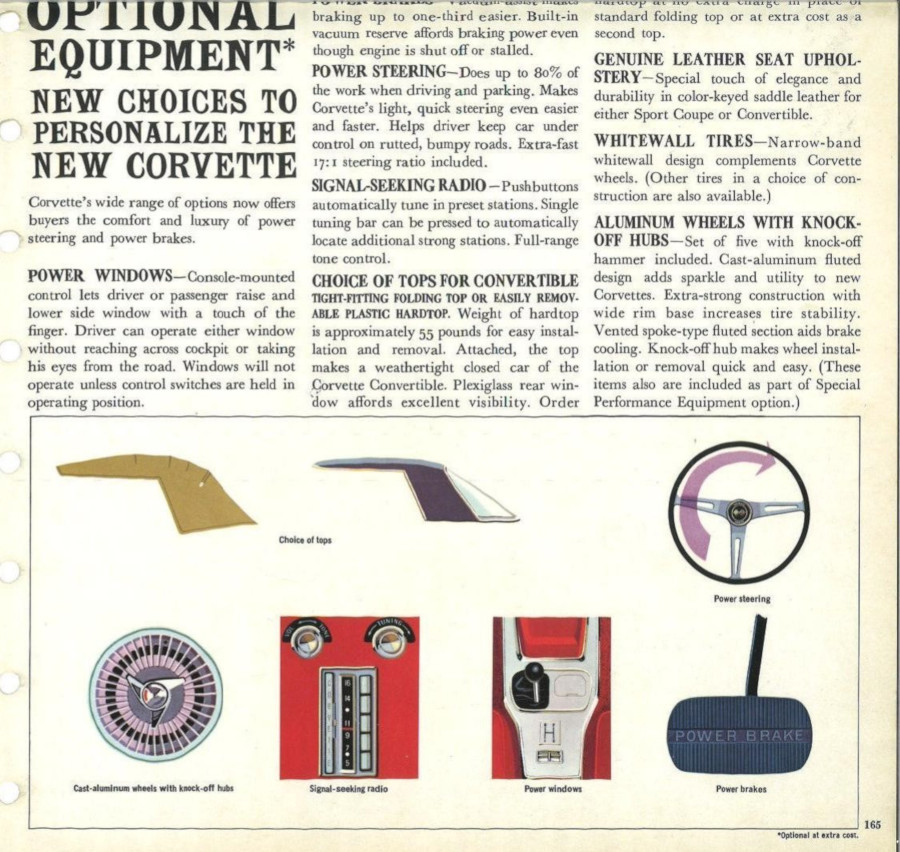 The 1963 Corvette optional equipment (Tate Collection)
The 1963 Corvette optional equipment (Tate Collection)
In conclusion, color and upholstery books, which were once very popular, are very hard to find today, and the ones that do exist are deteriorating due to age. I have seen some of these automotive books on sale for several hundred dollars since they are so scarce. In their day, such books were once a popular guide for purchasing a car like the new 1963 Corvette.
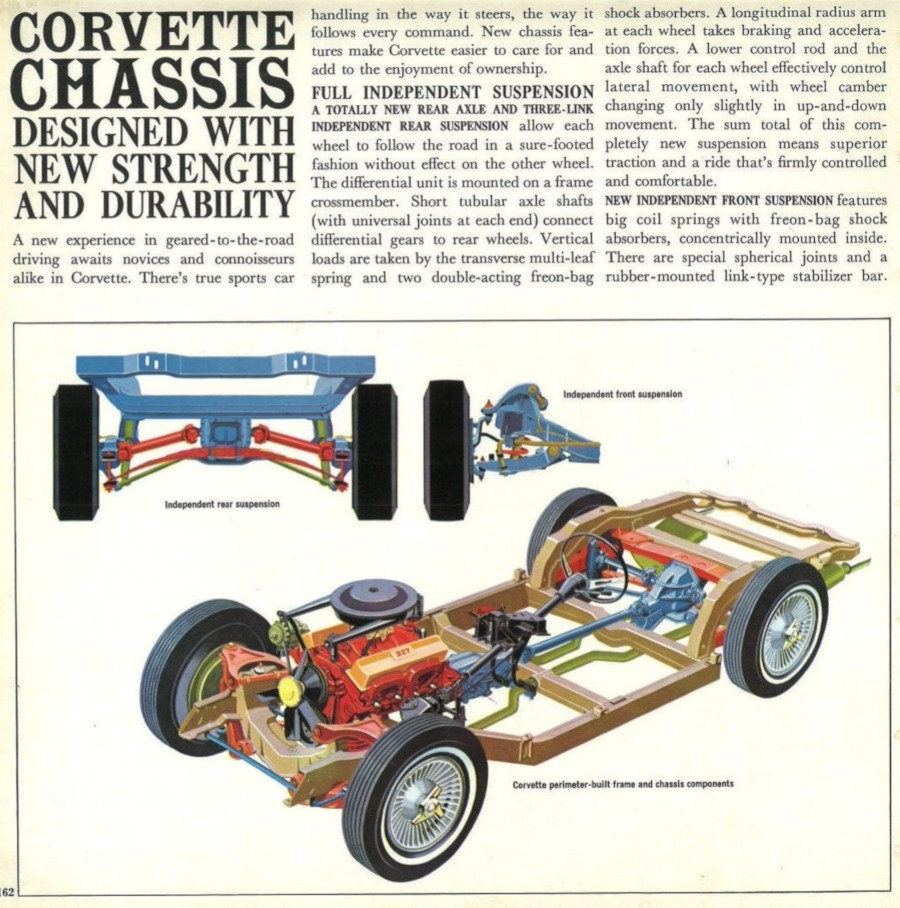 The 1963 Corvette chassis (Tate Collection)
The 1963 Corvette chassis (Tate Collection)
Bibliography
Ludvigsen, Karl. “Corvette America’s Star-Spangled Sports Car: The Complete History.” Automobile Quarterly Publications, 1973.
General Motors. “1963 Chevrolet Color and Trim Book.” Chevrolet Motor Division.
Kowalke, Ron. “Standard Catalog of Chevrolet 1912-1998.” Krause Publications.

